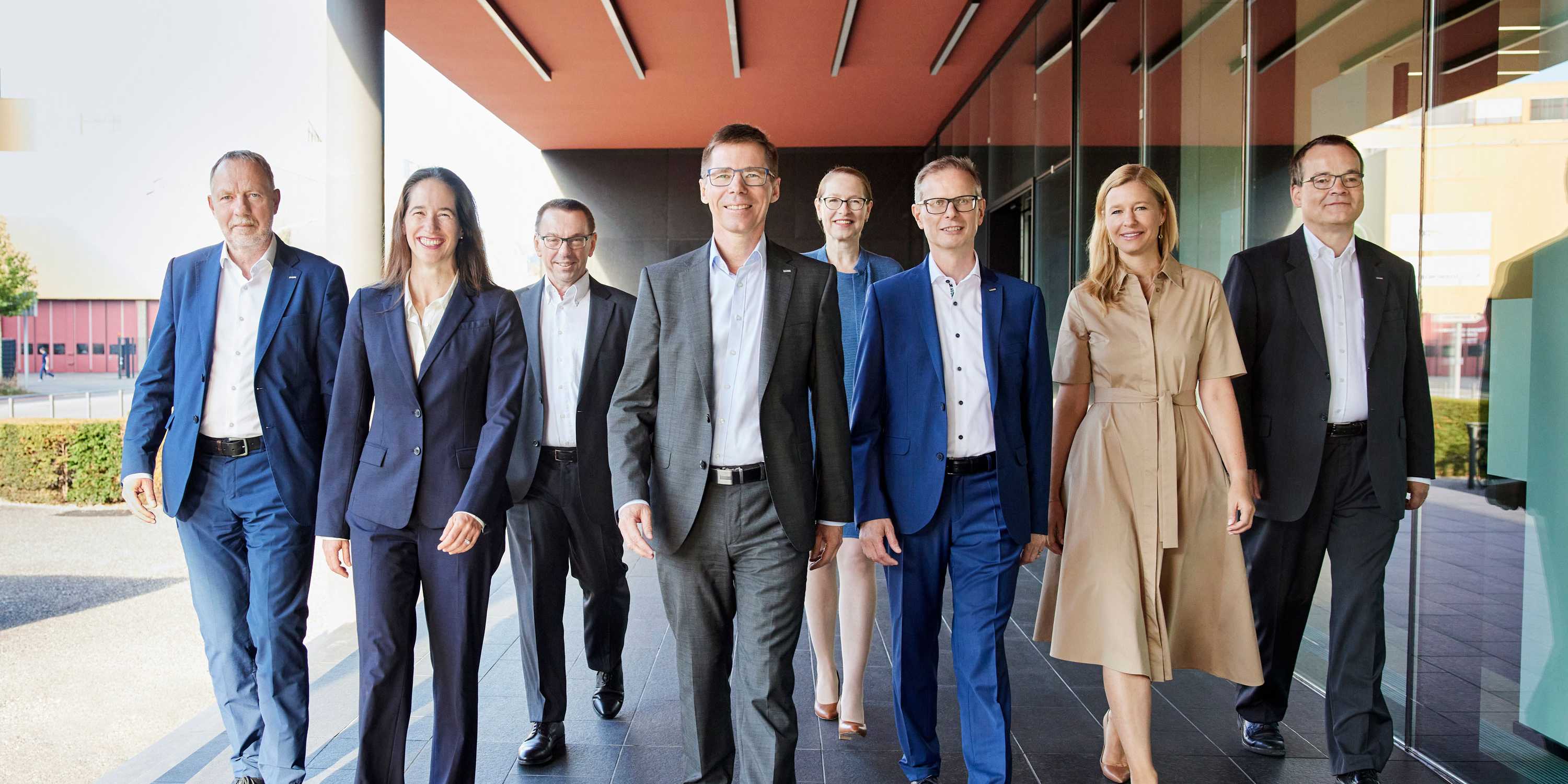Continuing education programmes at D-BAUG renewed
The ETH Corporate Board has approved the new 2023 regulations for continuing education programmes at D-BAUG in geographic information systems and analysis as well as spatial planning. These will go into effect on 1 January 2023.

Continuing education in geoinformation systems renewed
The Executive Board has approved the new 2023 regulations for the “Certificate of Advanced Studies ETH in Geoinformation Systems and Analysis” continuing education programme. These will go into effect on 1 January 2023 and the participation fee will be adjusted to reflect current market conditions.
Participants in this continuing education programme acquire skills for capturing and analysing spatial information using the latest technology. The CAS is aimed at professionals in geography and construction as well as agronomy, architecture, biology, computer science and the environmental field. In its new form, it now focuses even more strongly on ensuring that the skills can be transferred into practice.
The previous continuing education programme on spatial information systems, introduced in 1992, has been completed by over 500 people. Surveys of graduates over the past seven years have shown that the CAS is very well established in the business world and provides a solid, broad and up-to-date grounding in the basics. These surveys also show that there is demand to include technical developments such as artificial intelligence, cloud computing and open data in the programme.
ETH Zurich’s oldest continuing education programme is being renewed
The Executive Board has approved the new 2023 regulations for four continuing education programmes: “CAS ETH in Spatial Development and Planning Practice”, “CAS ETH in Spatial Development and Process Design” and “CAS ETH in Future of Spatial Development” as well as “MAS ETH in Spatial Development”. These will come into force on 1 January 2023 and the participation fee has been adjusted.
Originally introduced in 1965 as an “advanced studies programme in spatial planning”, the MAS is the oldest continuing education programme offered by ETH Zurich. Since 2002, Network City and Landscape (NSL) has been responsible for the programme in spatial development. The network includes professors and researchers from two departments, D-ARCH and D-BAUG. Since 2021, the programme director has been Joris Van Wezemael, a habilitated lecturer at D-BAUG who is responsible for relations between science and practice in spatial development.
The continuing education programmes address the key issues of sustainable design and use of living space and the social, economic and ecological processes in that space. Participants gain knowledge of spatial planning, spatial economics, urban planning and urban design, politics and society, law, as well as the skills to develop strategies and processes for solving complex spatial problems. The newly revamped CASs and MAS will start in the Autumn Semester of 2023 and are aimed at people with professional experience in spatial planning.
The challenges of dialogue and climate change
As part of renewing the MAS programme, the NSL conducted a survey of professionals practising in that field. The findings showed a clear desire for increased dialogue between spatial planning practice and spatial science. To surmount the pressing issues of the future, survey participants said that interdisciplinary and cross-border cooperation must improve in both practice and education. According to the survey, two topic areas are particularly important for practice. One is “climate change and biodiversity” along with the question of how planning can deal with “urban climate, climate adaptation”, the “energy transition” and “biodiversity”.
The second major topic area is the “transformation of existing settlement areas”. This includes issues related to “interior development and urban transformation”, the preservation and creation of “open spaces”, and “neighbourhood development and urban qualities”. There is a particular need for knowledge in planning practice with regard to “climate change and biodiversity”. Another major challenge for spatial planners lies in “playing a role in climate action through dense and mixed-use neighbourhoods, taking into account climate adaptation”. There is controversy surrounding assessments of how federalism affects spatial development. The new CAS and MAS programmes seek to integrate these concerns into their courses.
Information on ETH continuing education programs in spatial development at ETH Raum - platform for Sustainable Spatial Development (in German).
This article is an excerpt and slightly edited version of the News The School Board informs 2022/10
